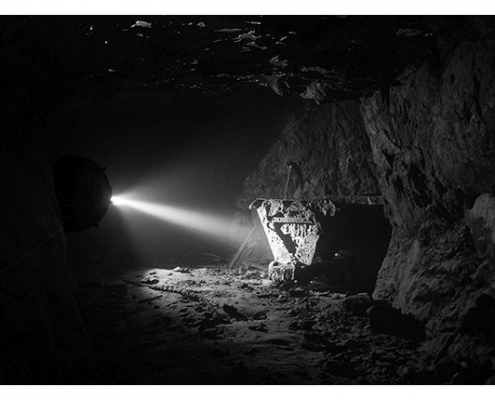INVESTIGO Research Fellows 2024
LPRC welcomes the new 3 INVESTIGO Research Fellows!
Three young researchers have joined our multidisciplinary team during the past month of February and will be working with us in our office in Los Llanos de Aridane, La Palma. They have been selected thorough a series of interviews conducted as part of the INVESTIGO Program, funded under the Spanish Recovery, Transformation and Resilience Plan, which belongs to the European Union’s “Next-Generation EU” scheme.
The three selected candidates constitute a complementary team of professionals that will work on the project “ABCanarias – Literacy of the population of La Palma on sustainable development, innovation and technology and experiences of local and regional cooperation”. The project aims at understanding local perspectives and knowledge on the ocean and on renewable energies, hence contributing to boosting La Palma and Canary Islands’ citizens engagement in sustainable development. Besides, through a participatory science approach, the project aims at collecting experiences of local and regional cooperation, to better perceive the strengths, weaknesses, needs, demands, and successes of these actions, and map the crucial role of EU Outermost Regions in the context of European and global transformation of our societies towards sustainability.
LPRC would like to thank all the applicants (even if not selected) for showing interest and motivation in working with us and encourages all of them and, generally, young people, to keep pursuing a career in research.
Do you wish to learn more about the INVESTIGO Program and the ABCanarias Project?
A project website will soon be publicly available, which will outline the project’s concept and objectives, and will be regularly updated with project developments and public announcements. Follow LPRC on Twitter, LinkedIn and Facebook, & stay tuned for more news!

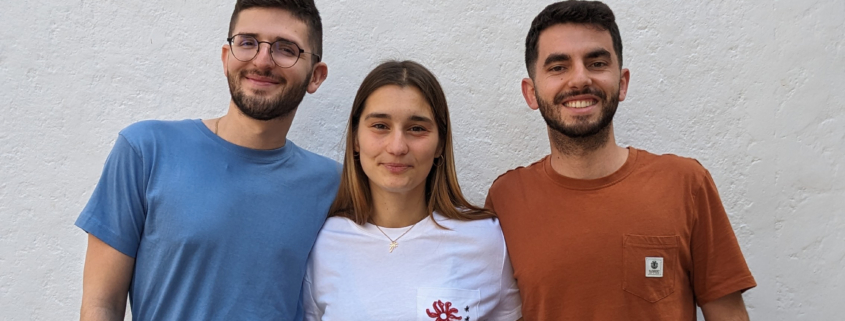

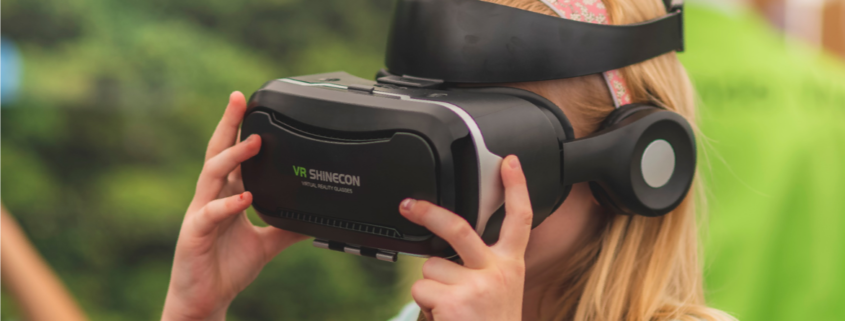

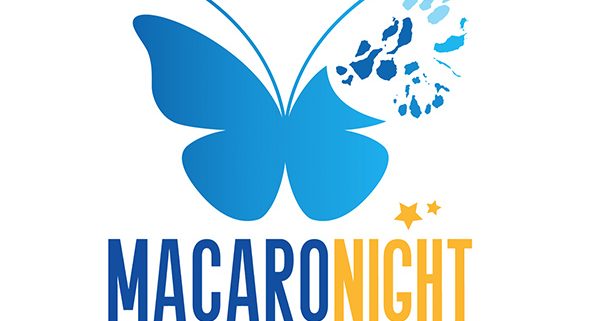
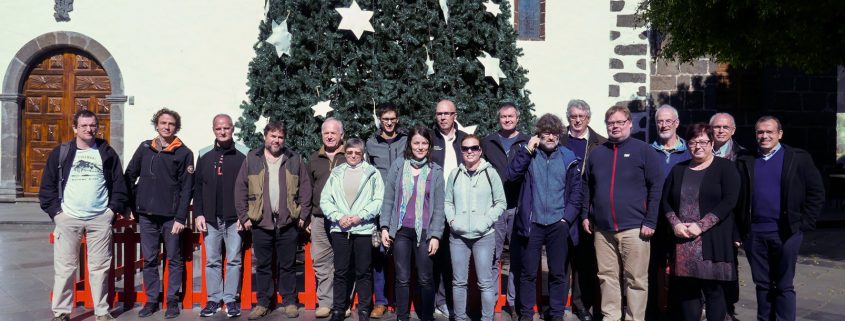
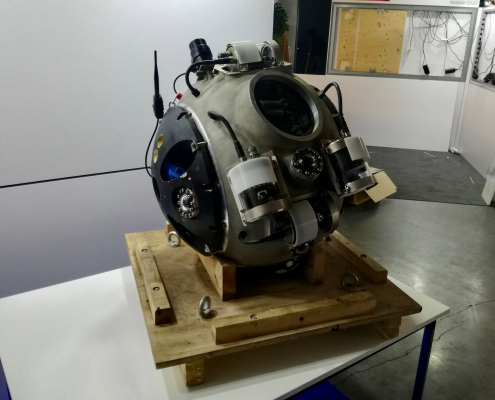
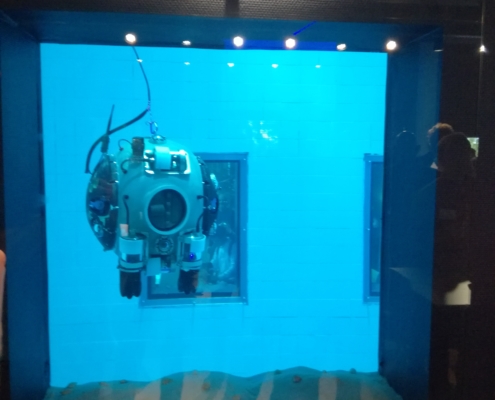
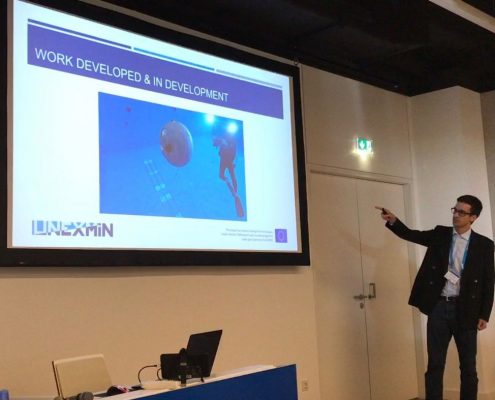

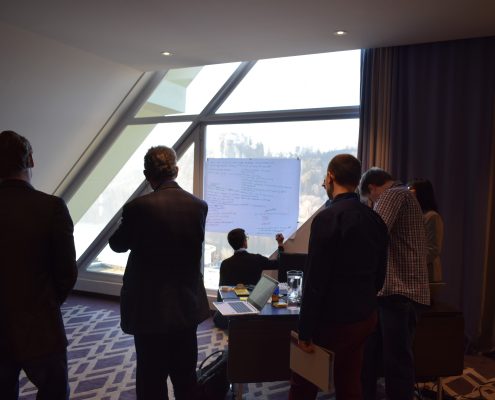
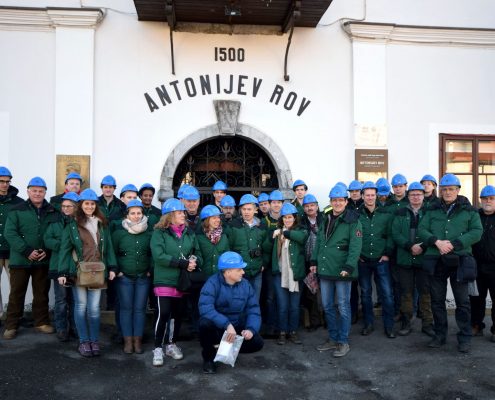
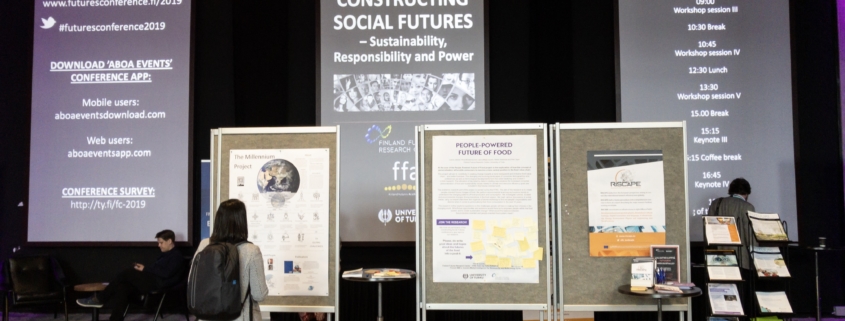
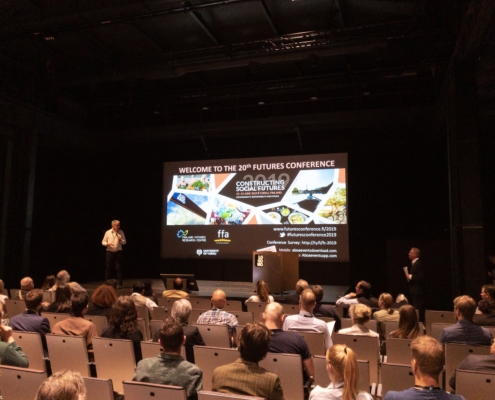
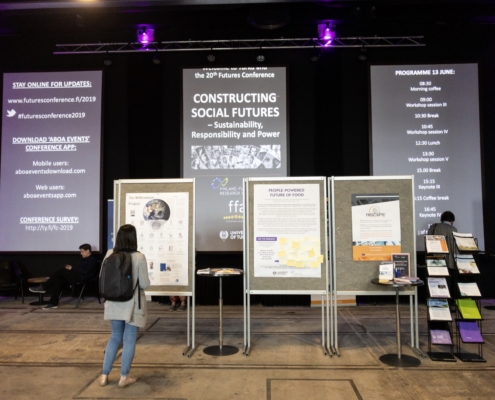
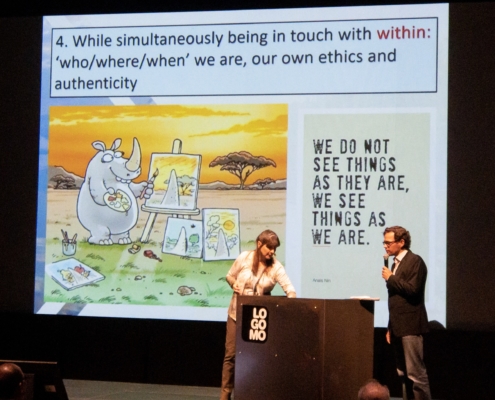
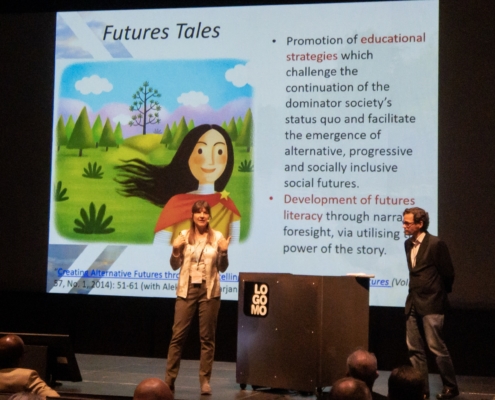
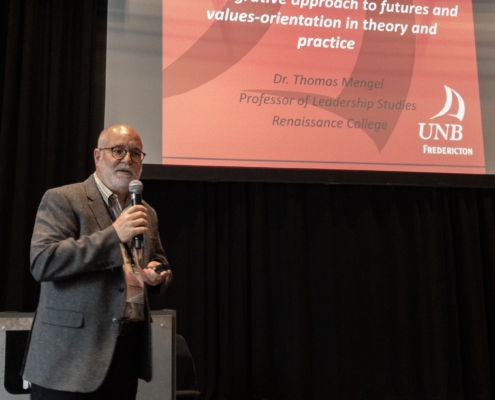
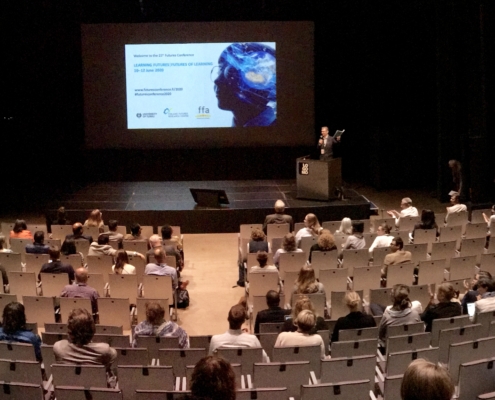
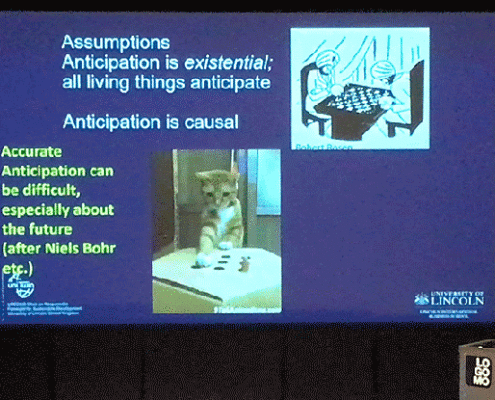

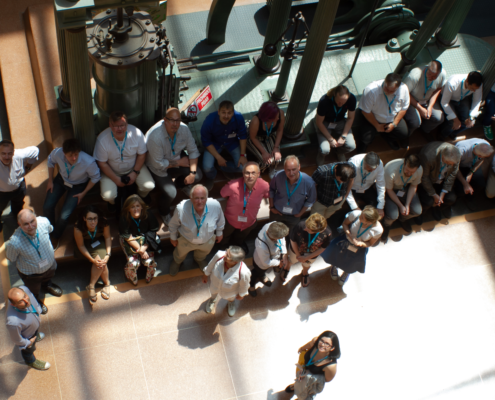

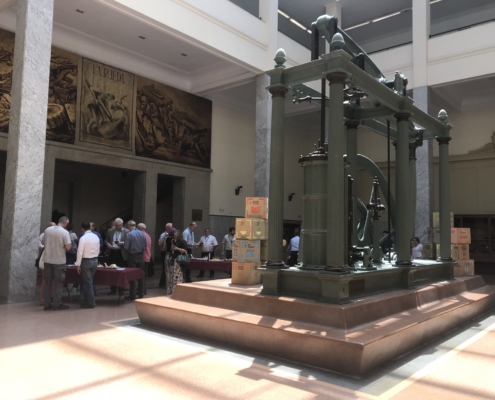
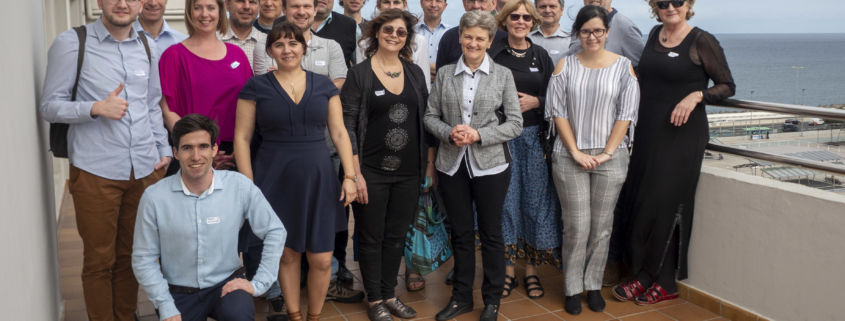
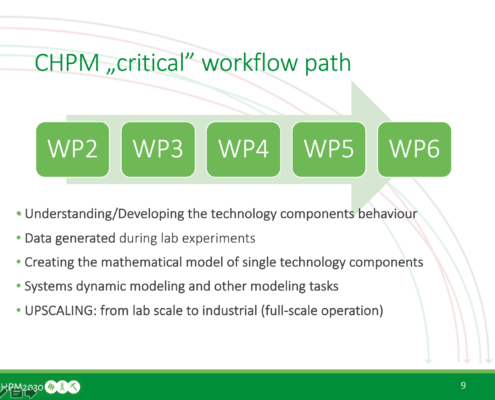
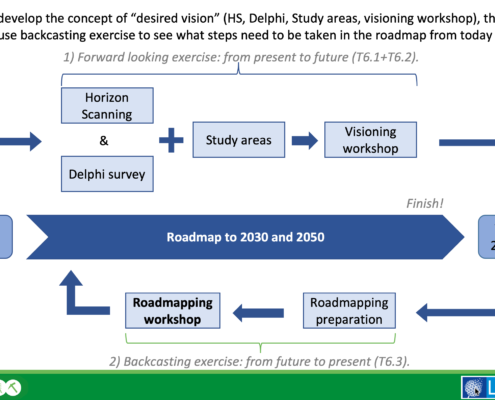
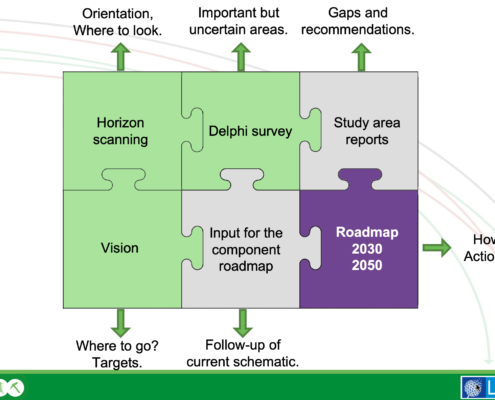
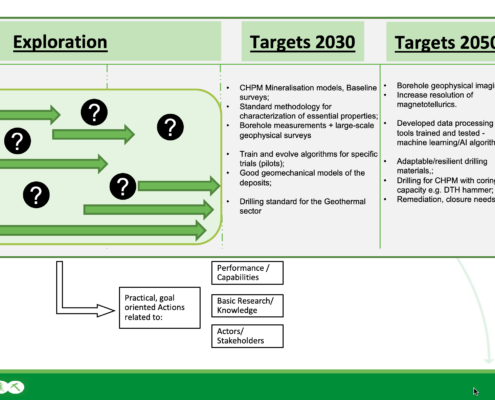
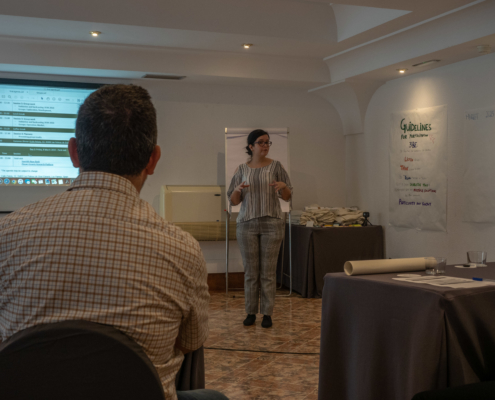
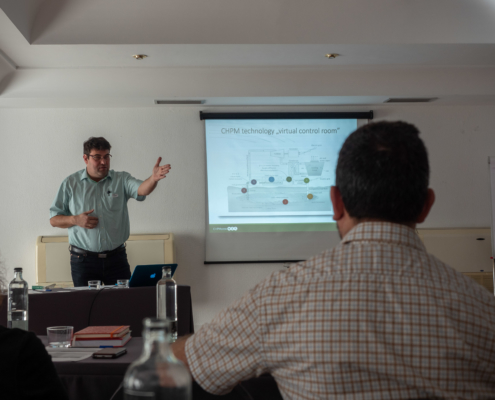

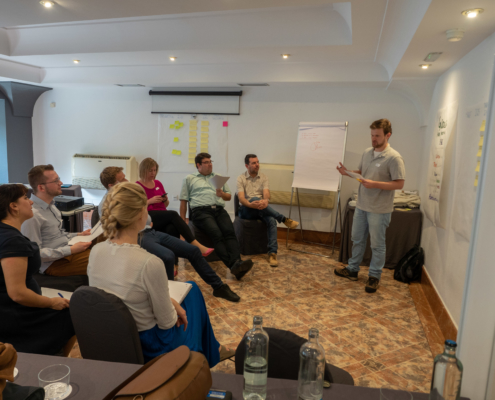
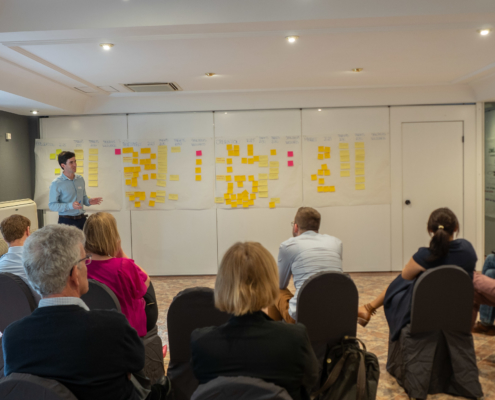
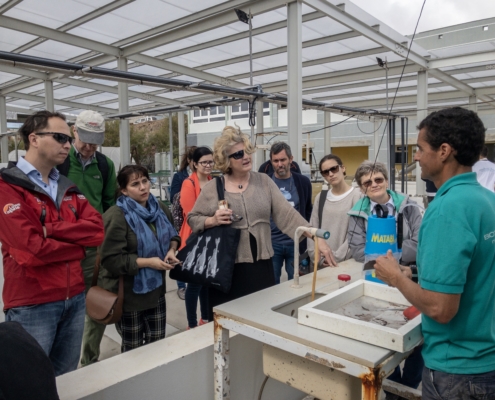
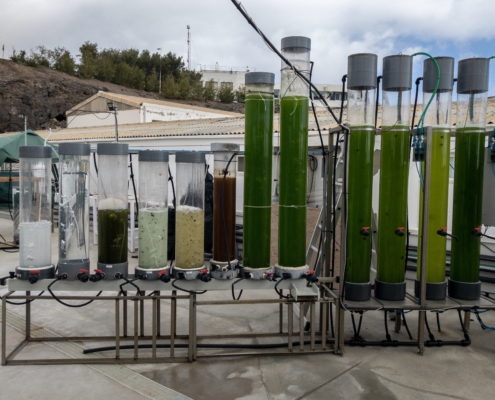
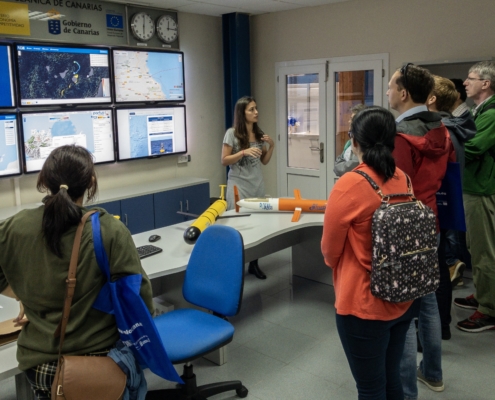


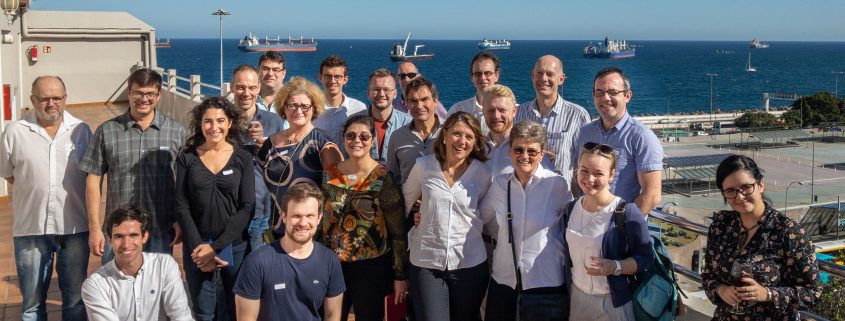 Tamas Miklovicz
Tamas Miklovicz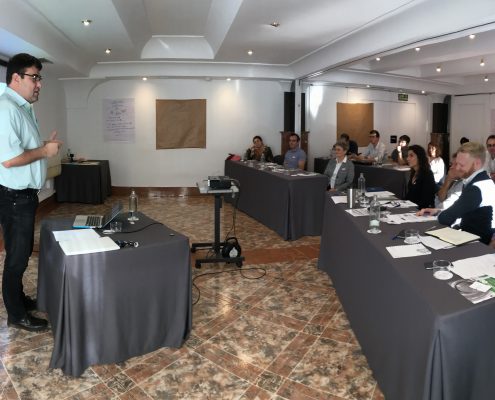
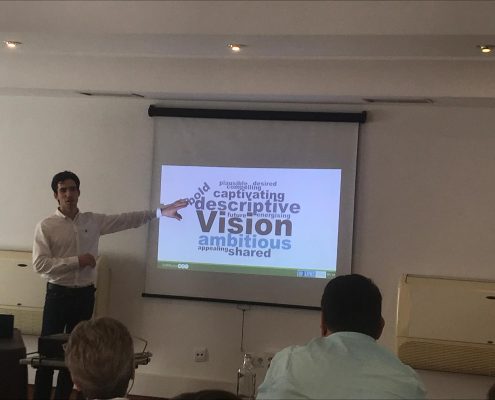
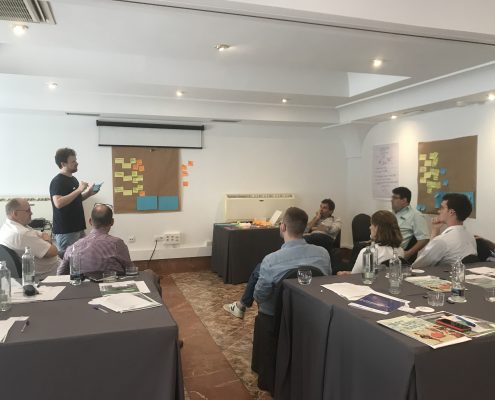
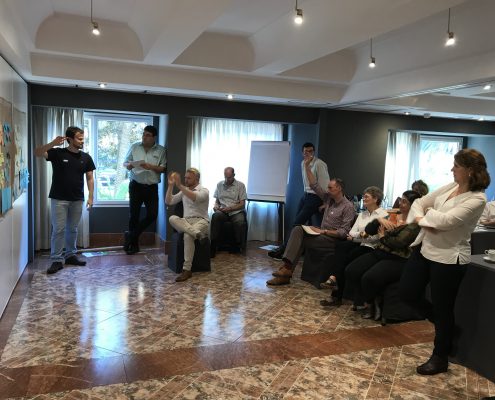
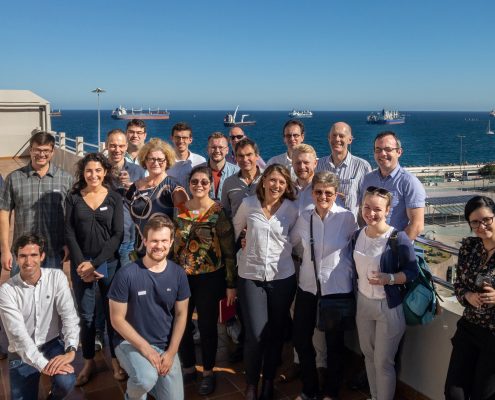
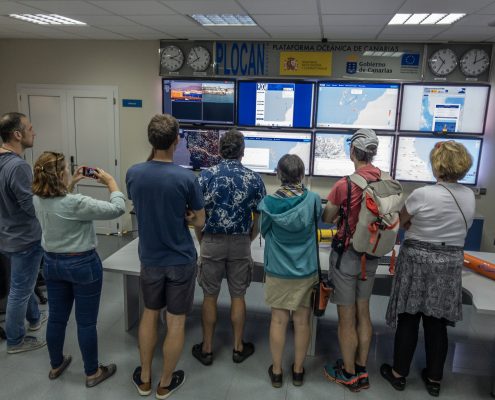
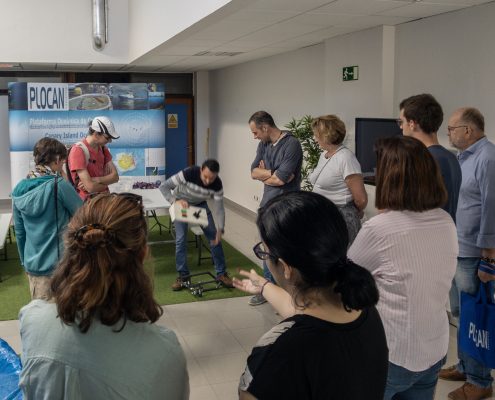

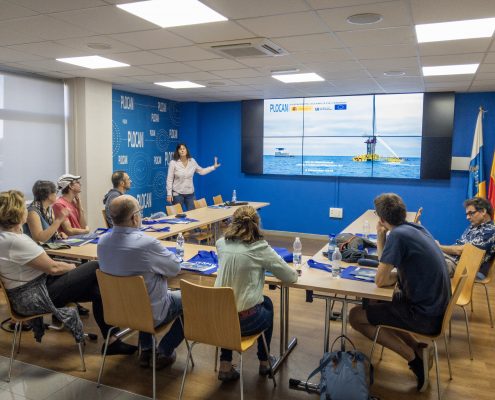
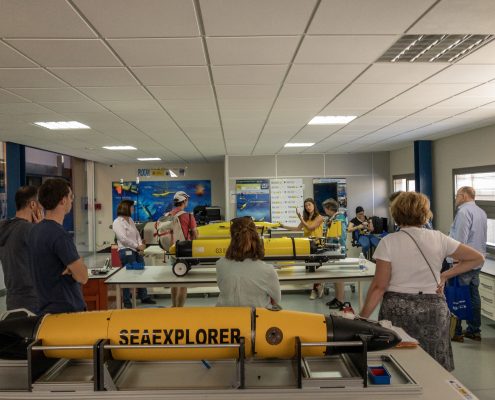
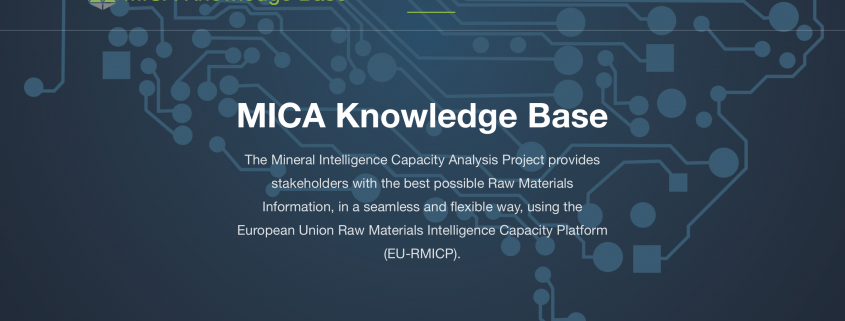
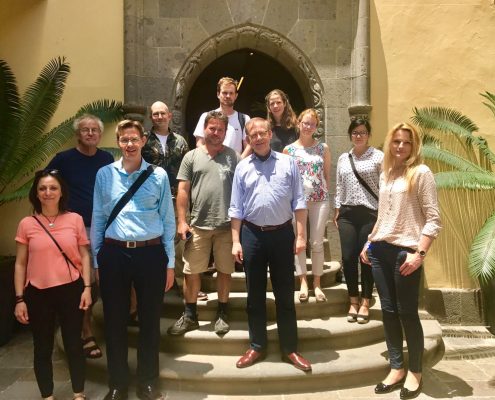
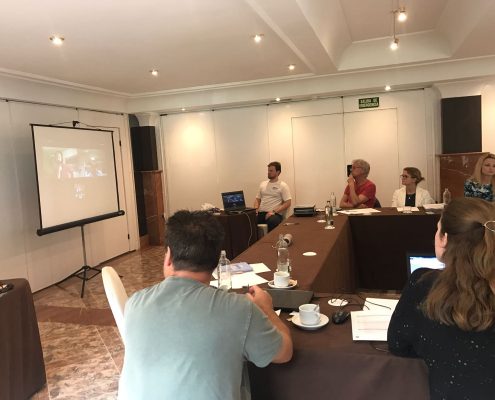
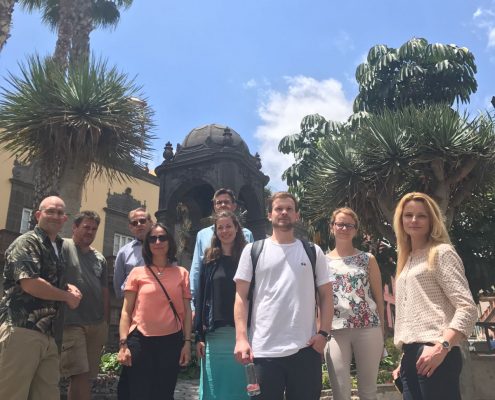
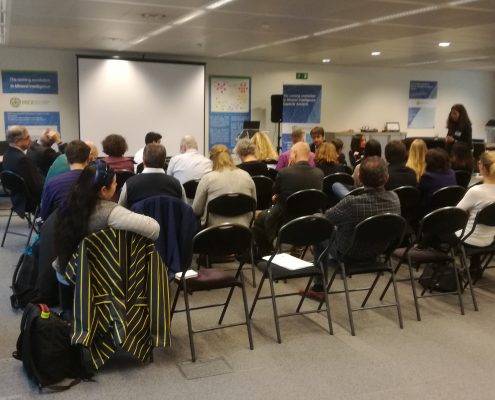
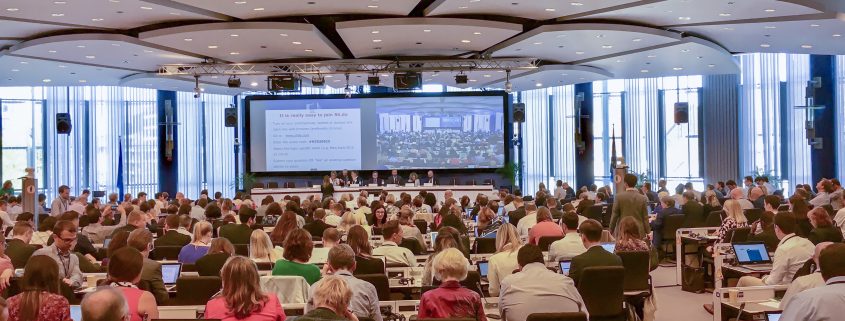
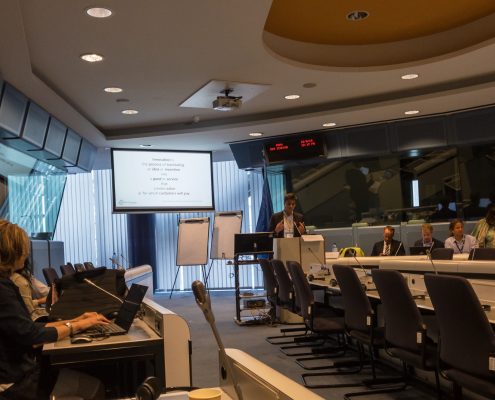
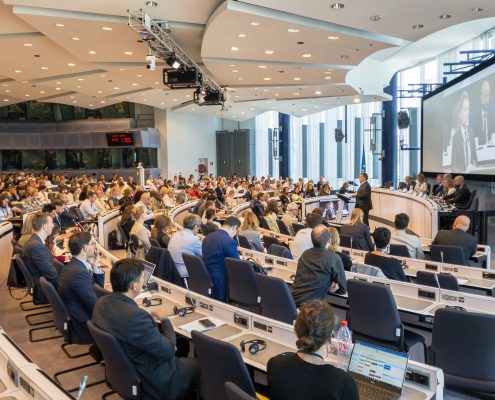
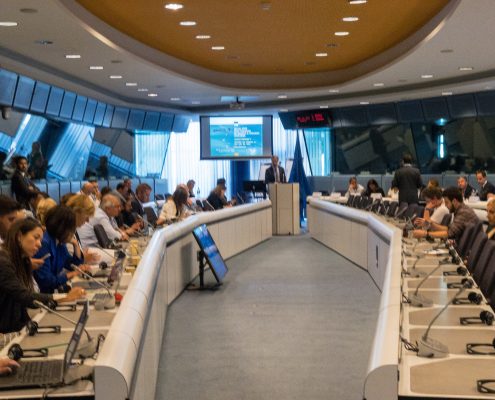
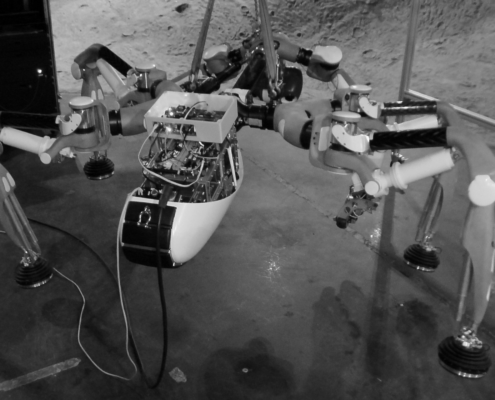 DFKI
DFKI